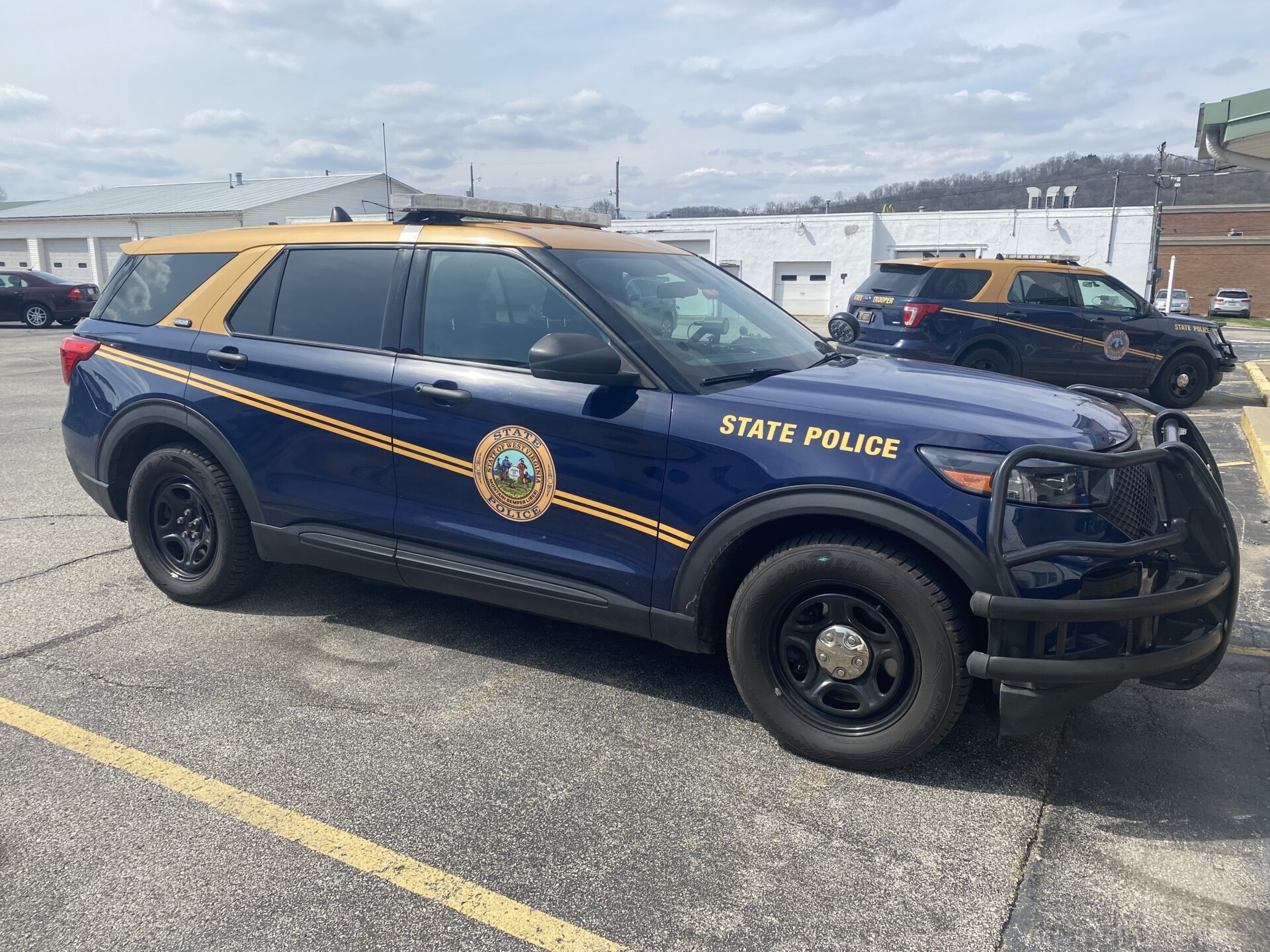More than 70 women have now reportedly filed, or are preparing to file, suit against the West Virginia State Police (WVSP) because of an admitted hidden camera in the police academy women’s locker room.
Twenty-year veteran trooper Talia Divita’s civil suit, filed May 25, 2023, claims she and others were secretly filmed.
Gov. Jim Justice and State Police Interim Superintendent Col. Jack Chambers have both said the camera was placed in the locker room from approximately 2015 to 2020. Chambers is leading an investigation into the incidents.
The suit claims Divita was filmed changing her clothes and showering during 2015, 2016 and 2017.
In the complaint, Divita’s lawsuit claims supervisors knew about the camera and covered it up. The complaint alleges then WVSP Superintendent Jan Cahill was aware that officers destroyed a thumb drive with locker room video evidence and took no disciplinary actions.
The complaint states that Justice Chief of Staff Brian Abraham has said the hidden camera “was not motion sensitive, it continued to run and that individual would, from time to time, replace the recording device and the battery source.”
The suit claims the WVSP actions were “willful and malicious with a reckless and outrageous indifference to the health, safety and welfare of others.”
Divita accuses the agency of sexual harassment, a hostile work environment, gender discrimination, negligence and invasion of privacy.
Divita’s Charleston attorney in the case, John-Mark Atkinson, discussed his client’s level of outrage.
“It’s clearly a gross violation of her privacy,” Atkinson said. “A locker room should be the one place you should be free from worrying about others viewing you in that way. She’s equally as disturbed and outraged by the fact that evidence of such illegal behavior was destroyed by high ranking officials in the State Police.”
Wheeling attorney Teresa Toriseva was one of the first to file a “notice to sue” the state government entity on behalf of multiple female law enforcement officers. All law enforcement officers, such as local police and sheriff’s deputies, train at the WVSP Academy and use the locker room and shower facilities.
Toriseva now has a reported 67 clients; other attorneys across the state have more clients.
Justice said last week that if there are a “bunch of bad eggs” in the West Virginia State Police, the state should get them identified and held accountable.
“No matter what it takes, get to the very bottom of all of it,” Justice said. “The guilty parties should suffer the consequences. There’s no excuse. These are people that we place our trust in. The guilty party should suffer.”
Justice said he “has faith” in the WVSP’s internal investigation into the hidden camera violations.
West Virginia Public Broadcasting asked the WVSP for an update on the investigation but received no response by the time this story was published.
